Description
“John Locke: Great Western Political Thinkers” by Subrata Mukherjee and Sushila Ramaswamy is an enlightening and comprehensive exploration of the political philosophy of one of the most influential thinkers in history, John Locke. This book delves deep into Locke’s ideas and their impact on political thought and the development of liberal democracy. With meticulous research and insightful analysis, the authors thoroughly examine Locke’s theories, their historical context, and their enduring relevance in contemporary society.
In this book, Mukherjee and Ramaswamy present an engaging and accessible account of John Locke’s life and intellectual journey. They highlight his seminal works, such as “Two Treatises of Government” and “Letter Concerning Toleration,” which laid the foundation for modern political thought and influenced the formation of democratic principles across the world. By delving into Locke’s ideas on natural rights, government, property, and individual liberty, the authors shed light on his profound impact on political theory and his lasting legacy.
In their comprehensive study of John Locke, Mukherjee and Ramaswamy provide a detailed summary of the key concepts and arguments put forth by the renowned political thinker. They start by examining Locke’s concept of the state of nature and the social contract, which serve as the basis for his ideas on governance and individual rights. The authors then delve into Locke’s belief in natural rights, including life, liberty, and property, and how these rights form the foundation of a just and legitimate government.
The book explores Locke’s theories on the separation of powers, the importance of limited government, and the need for consent and representation. Mukherjee and Ramaswamy analyze Locke’s ideas on religious tolerance, freedom of conscience, and the role of government in protecting individual liberties. They also discuss Locke’s views on education and his belief in the importance of an educated citizenry for a well-functioning society.
Throughout the book, the authors provide historical context and examine the influence of Locke’s ideas on subsequent political thinkers and movements. They discuss how Locke’s theories contributed to the development of liberal democracy, the American Revolution, and the founding of the United States. Moreover, Mukherjee and Ramaswamy explore the criticisms and debates surrounding Locke’s ideas, presenting a balanced perspective on his contributions to political thought.
Mukherjee and Ramaswamy’s analysis of John Locke’s political philosophy is thorough and insightful. They offer a nuanced interpretation of Locke’s ideas, highlighting both their strengths and weaknesses. The authors critically evaluate the logical coherence of Locke’s arguments and examine the potential implications and limitations of his theories.
One of the book’s strengths is its exploration of the historical context in which Locke’s ideas emerged. The authors demonstrate a deep understanding of the political and intellectual climate of the time, providing readers with a comprehensive framework for understanding the significance of Locke’s contributions. By examining the impact of Enlightenment thinking, religious conflicts, and the challenges of the era, Mukherjee and Ramaswamy paint a vivid picture of the intellectual landscape in which Locke’s theories took shape.
The authors also skillfully analyze the relevance of Locke’s ideas in contemporary society. They draw connections between Locke’s concepts of individual rights and the challenges faced by modern democracies. Mukherjee and Ramaswamy discuss issues such as surveillance, privacy, and the tension between security and liberty, offering thought-provoking insights into how Locke’s principles can inform current debates.
In comparison to other works on John Locke and his political philosophy, Mukherjee and Ramaswamy’s book stands out for its comprehensive approach and accessibility. While some scholarly works may focus on specific aspects of Locke’s thought or delve into intricate philosophical debates, this book provides a balanced overview that is accessible to both academics and general readers.
The authors effectively combine historical analysis with philosophical inquiry, making the book well-suited for readers who seek a broader understanding of the context in which Locke’s ideas developed. Additionally, they provide clear explanations of complex concepts, ensuring that readers without a background in political philosophy can grasp the key arguments and principles presented.
Furthermore, Mukherjee and Ramaswamy’s book distinguishes itself by exploring the impact of Locke’s ideas beyond the Western world. They discuss how Locke’s theories influenced anti-colonial movements and independence struggles in various countries, highlighting the global reach of his political philosophy.
“Great Western Political Thinkers – John Locke” delves into several overarching themes that permeate Locke’s political philosophy. One of the central themes explored is the concept of individual liberty and the natural rights of individuals. The authors delve into Locke’s belief that these rights are inherent to all humans and must be protected by a just government.
Another significant theme is the social contract and the role of consent in the formation of legitimate political authority. Mukherjee and Ramaswamy analyze Locke’s view that governments derive their authority from the consent of the governed, emphasizing the importance of popular sovereignty and representative institutions.
The theme of limited government and the separation of powers is also prominent throughout the book. The authors discuss Locke’s ideas on the necessity of checks and balances to prevent the abuse of power and protect individual rights. They explore how these ideas influenced the framing of modern democratic systems and the establishment of constitutional principles.
The book also highlights the theme of religious tolerance and freedom of conscience. Mukherjee and Ramaswamy examine Locke’s arguments for religious pluralism and the separation of church and state, emphasizing his belief in the importance of respecting diverse beliefs and promoting religious freedom.
As a work focused on political theory, “Great Western Political Thinkers – John Locke” does not delve into characters or characterization in the traditional sense. The book primarily revolves around the ideas, arguments, and historical context related to John Locke and his political philosophy. Nevertheless, the authors skillfully present Locke as a prominent figure and explore the development of his thoughts over time.
About the Author:
Subrata Mukherjee and Sushila Ramaswamy are respected scholars in the field of political science and philosophy. They have both contributed significantly to the study of political thought and have written extensively on various aspects of political theory and comparative politics.
Mukherjee has authored several books on political theory, including “John Locke: His Life and Times” and “Modern Political Theory: From Hobbes to Marx.” Ramaswamy has also written numerous scholarly articles on political philosophy and comparative political theory.
Their collaboration on “Great Western Political Thinkers – John Locke” showcases their collective expertise and passion for exploring the ideas and legacies of influential political thinkers.
Mukherjee and Ramaswamy employ a clear and accessible writing style, making complex concepts and arguments understandable to readers from diverse backgrounds. They present their analysis and interpretation of Locke’s ideas in a logical and organized manner, guiding readers through the intricacies of his political philosophy.
The authors strike a balance between scholarly rigour and readability, ensuring that the book appeals to both academic audiences and general readers interested in political thought. The use of examples and historical anecdotes helps illustrate abstract concepts, making the text engaging and relatable.
Additionally, the authors provide ample references and citations, allowing readers to explore the primary sources and further deepen their understanding of Locke’s work. The book also includes a comprehensive bibliography, making it a valuable resource for those wishing to delve deeper into the subject matter.
What People Say About This Book:
“Great Western Political Thinkers – John Locke” has garnered praise from both scholars and readers interested in political theory. Many have commended the authors for their comprehensive analysis, accessibility, and insightful interpretations of Locke’s political philosophy.
Reviewers have highlighted the book’s ability to present complex ideas clearly and engagingly, allowing readers to grasp the significance of Locke’s theories and their enduring relevance. The author’s incorporation of historical context and their exploration of global influences on Locke’s ideas have also been well-received.
Readers appreciate the balanced approach taken by Mukherjee and Ramaswamy, as they critically evaluate Locke’s theories and address potential limitations and criticisms. This balanced perspective adds depth to the book, encouraging readers to engage critically with the subject matter.
One of the notable strengths of “Great Western Political Thinkers – John Locke” is its comprehensive approach to exploring Locke’s political philosophy. The authors cover a wide range of topics, providing readers with a holistic understanding of Locke’s ideas and their implications. The book’s accessibility and clear writing style are also commendable, as they make complex concepts understandable to a broad readership.


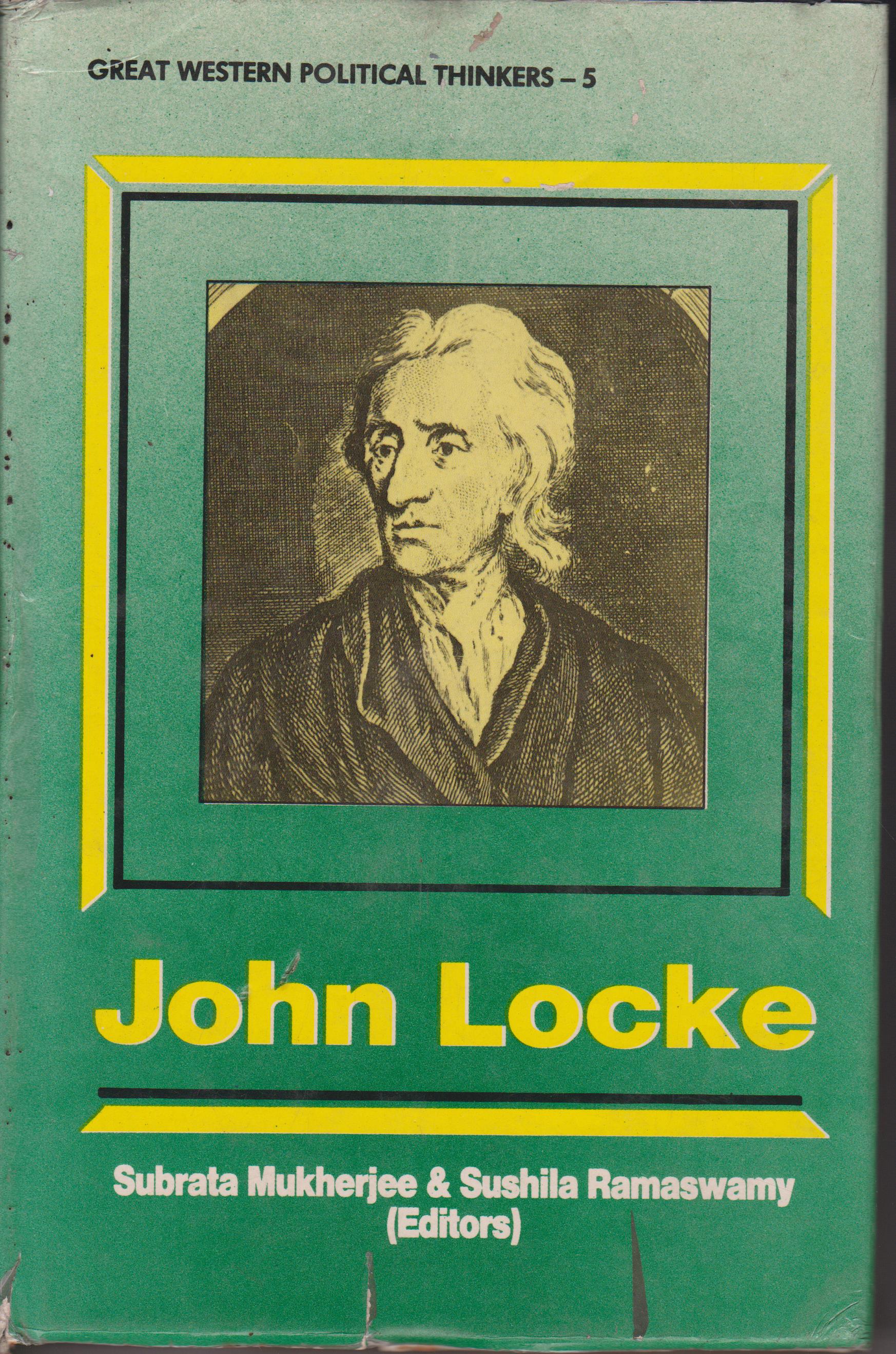
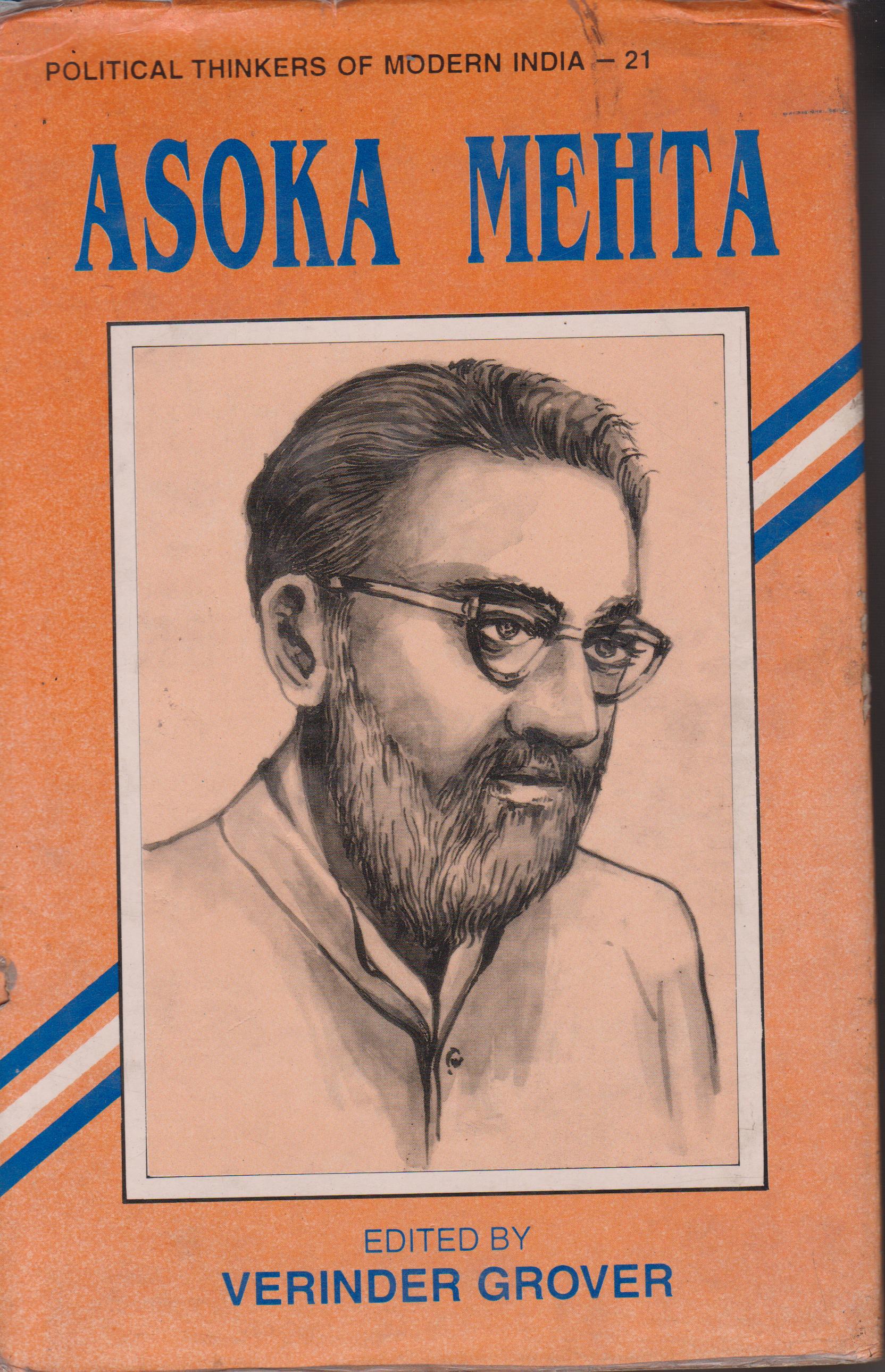
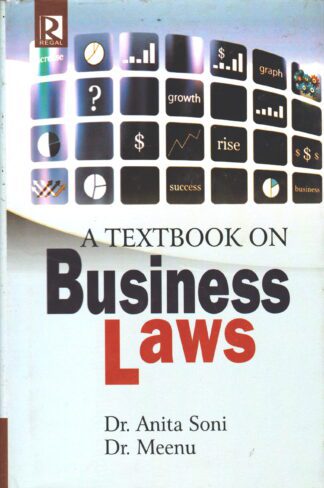
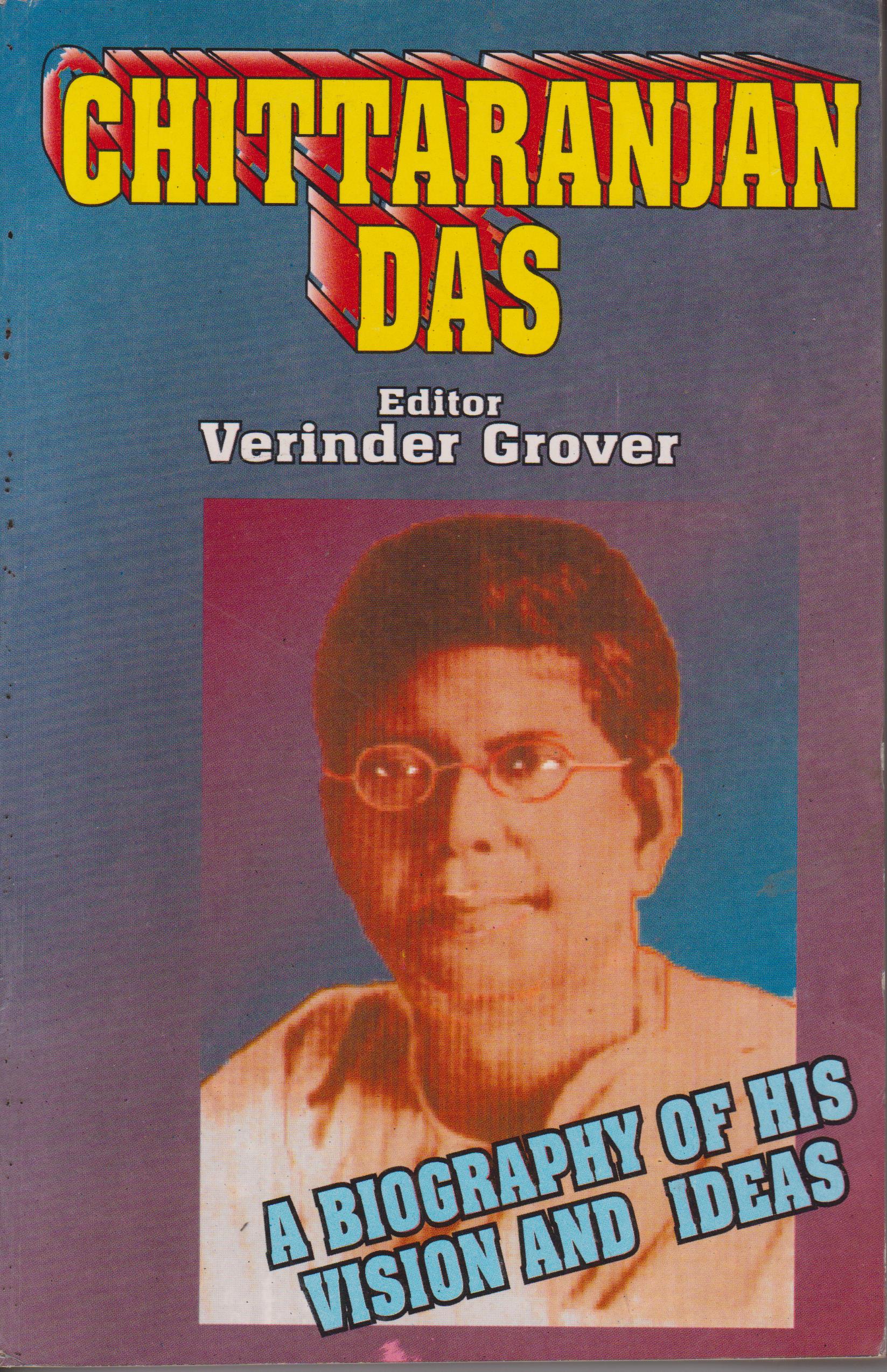
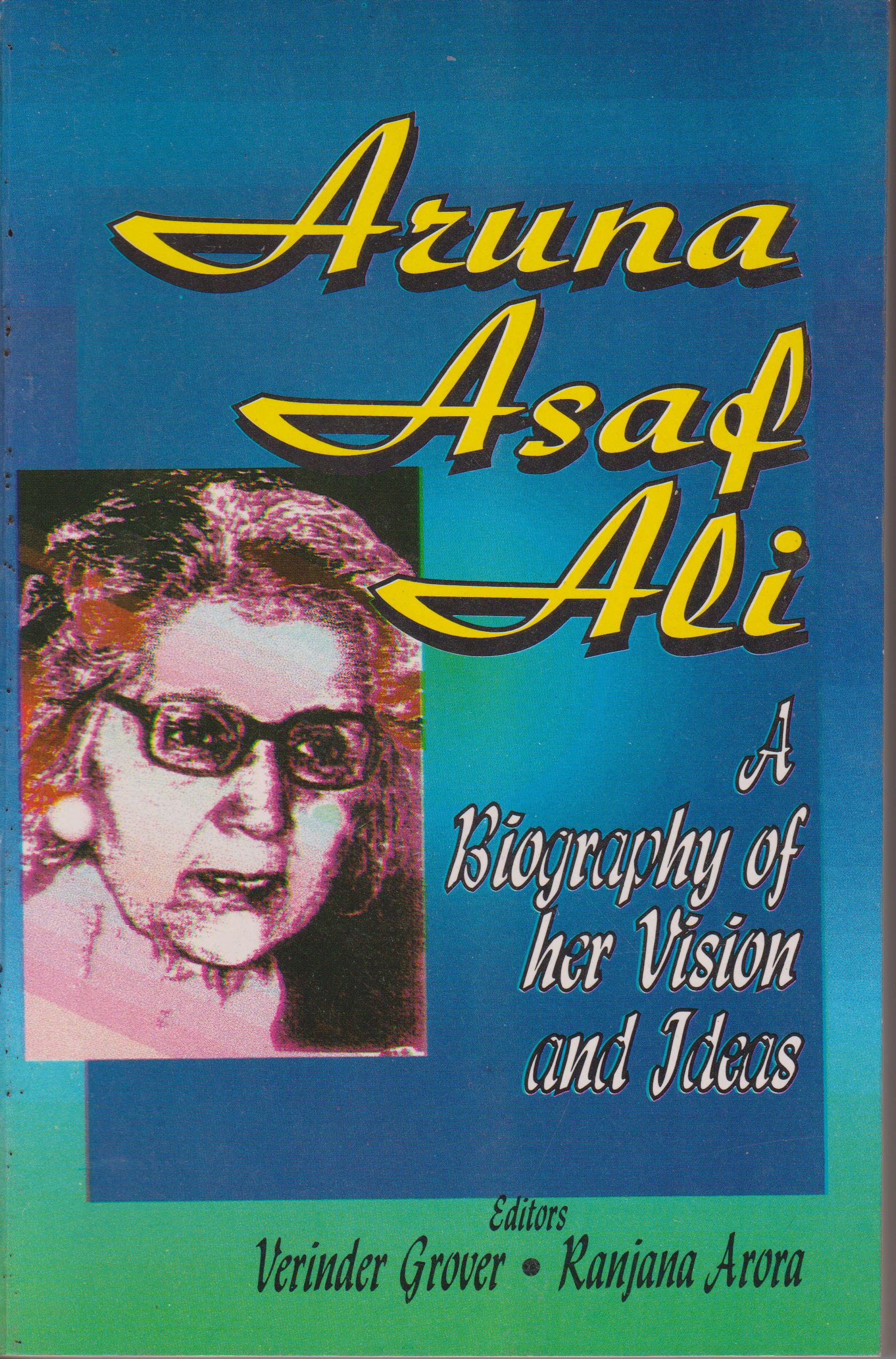
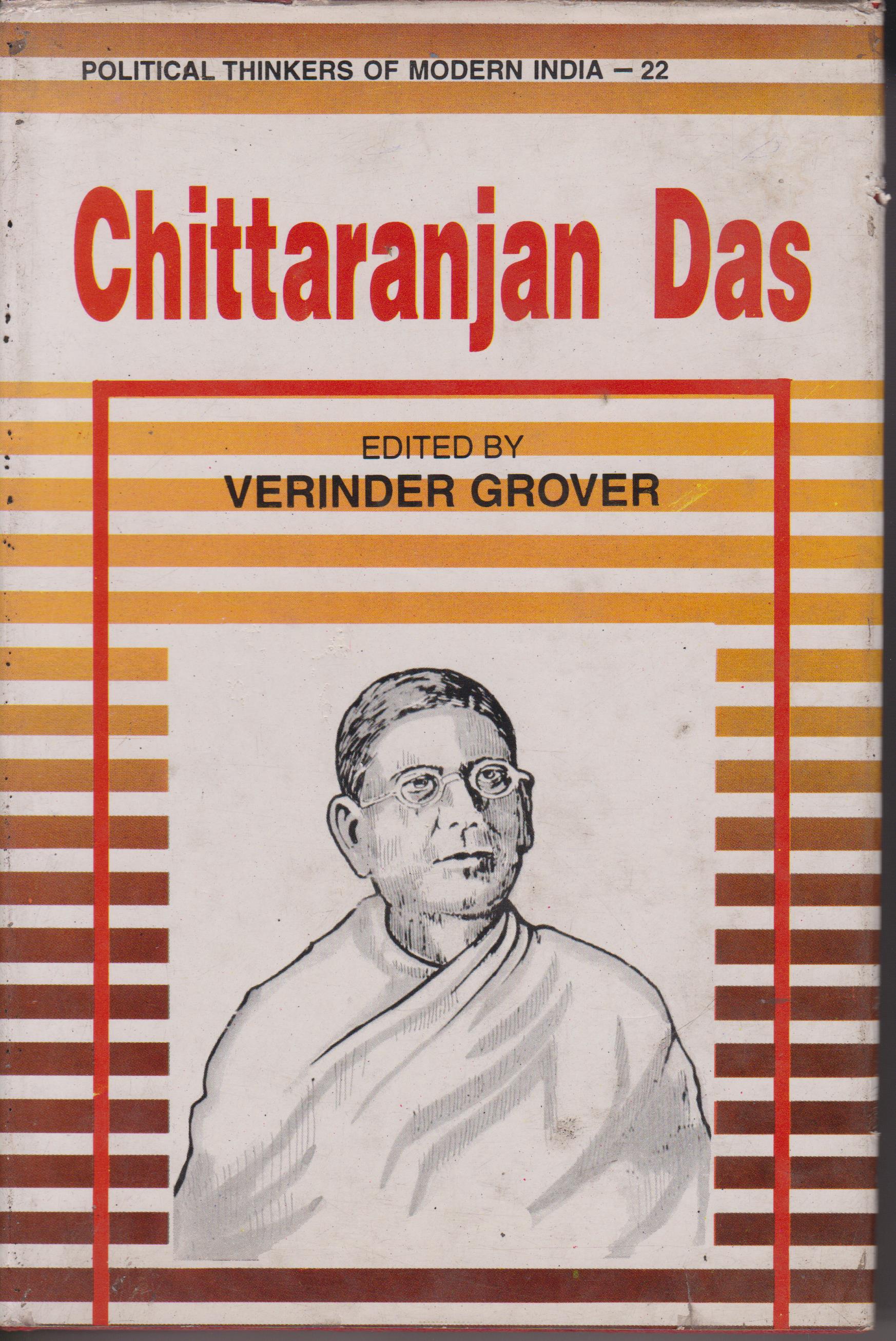
Reviews
There are no reviews yet.